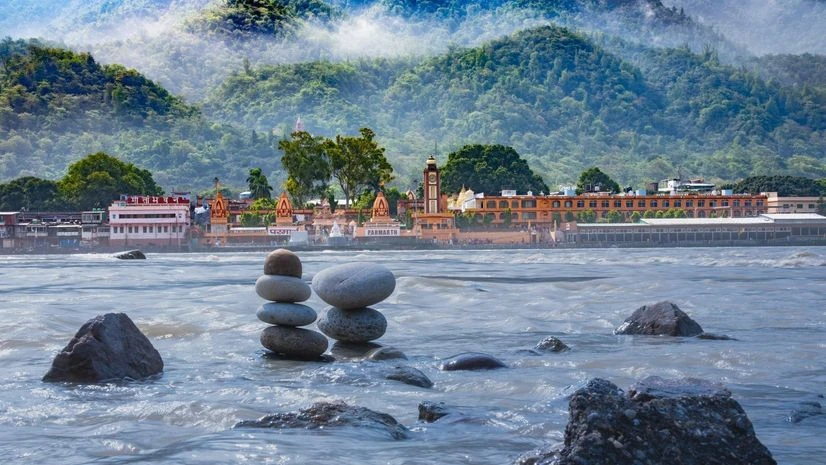The "Namami Gange Mission" is making significant strides in maintaining the purity and continuity of the Ganga river. In the first quarter of the fiscal year 2024-25, four major projects in Uttar Pradesh and Bihar have been successfully completed and are now operational. These large-scale initiatives aim to reduce pollution in critical areas along the Ganga and Ramganga rivers.
In Mirzapur, Uttar Pradesh, projects approved in May 2020 at a cost of Rs129.08 crore have been completed. This includes intercepting and diverting drains, establishing new networks, and constructing two Sewage Treatment Plants (STPs) with capacities of 8.5 MLD each at Bisunderpur and Pakka Pokhara. The existing 14 MLD STP at Pakka Pokhara has been upgraded, and a new main pumping station has been added to the city's infrastructure.
Deepu Yadav, Plant In-Charge of the 8.5 MLD STP in Bisunderpur, notes, "The biggest benefit of this STP is that municipal wastewater, previously disposed of into the Ganga, is now treated here. We meet all required parameters before discharging the treated water back into the river. This has also created job opportunities for local residents."
In Ghazipur, Uttar Pradesh, a Rs152.83 crore project, approved in 2020, includes a 21 MLD STP and a main pumping station that began operations in May 2024. Utilising Sequential Batch Reactor (SBR) technology, the STP adheres to all National Green Tribunal standards and was completed under a Public-Private Partnership (PPP) model.
The Chief Project Manager of the Ghazipur plant, R. Rajendran, explains, "Water is transported 8 kilometres from the main pumping station to the STP, where it is filtered through fine and grid screens before undergoing treatment in the Sequential Batch Reactor. The treated water is then discharged into the Besu River and merges into the Ganga."
The new STPs in Mirzapur and Ghazipur have greatly benefited local communities by improving water quality and reducing pollution. A local resident, Sunil Kumar Bharti from Ghazipur, remarks, "The Namami Gange's plant near us has significantly cleaned the Ganga. There's no more pollution. Tourists now visit more frequently, which is wonderful."
The improved ghats and cleaner rivers have drawn more tourists and pilgrims, enhancing the local economy. Sundaram Raj Srivastava, a local resident of Mirzapur, praises the new ghat, stating, "During the construction of the Namami Gange ghat, we had little idea of its impact. However, the overwhelmingly positive feedback on social media highlights how the Mirzapur ghats are now cleaner compared to others."
More From This Section
In another important city, Bareilly, projects costing Rs271.3 crore have been completed, including the interception and diversion of 15 drains, development of a 1.3 km network, and the construction of three STPs with a total capacity of 63 MLD.
"In these projects, we introduced 2-3 new elements. For instance, we used German-made PERI shuttering, which has a greater height, reducing the casting time significantly. As a result, we completed the project 2 to 3 months earlier than planned, finishing 3 months ahead of schedule," says Kumkum Gangwar, Executive Engineer (Rural), UP Jal Nigam.
Additionally, in Munger, Bihar, the "Sewer Network, STP, and SPS" project, approved in March 2018 for Rs523 crore, includes a comprehensive 174.75 km sewer network, a 30 MLD STP, and a main pumping station, completed ahead of schedule.
The Namami Gange Mission's ongoing efforts aim to rejuvenate and preserve the Ganga river, ensuring a clean and safe environment for current and future generations.
(Only the headline and picture of this report may have been reworked by the Business Standard staff; the rest of the content is auto-generated from a syndicated feed.)

)